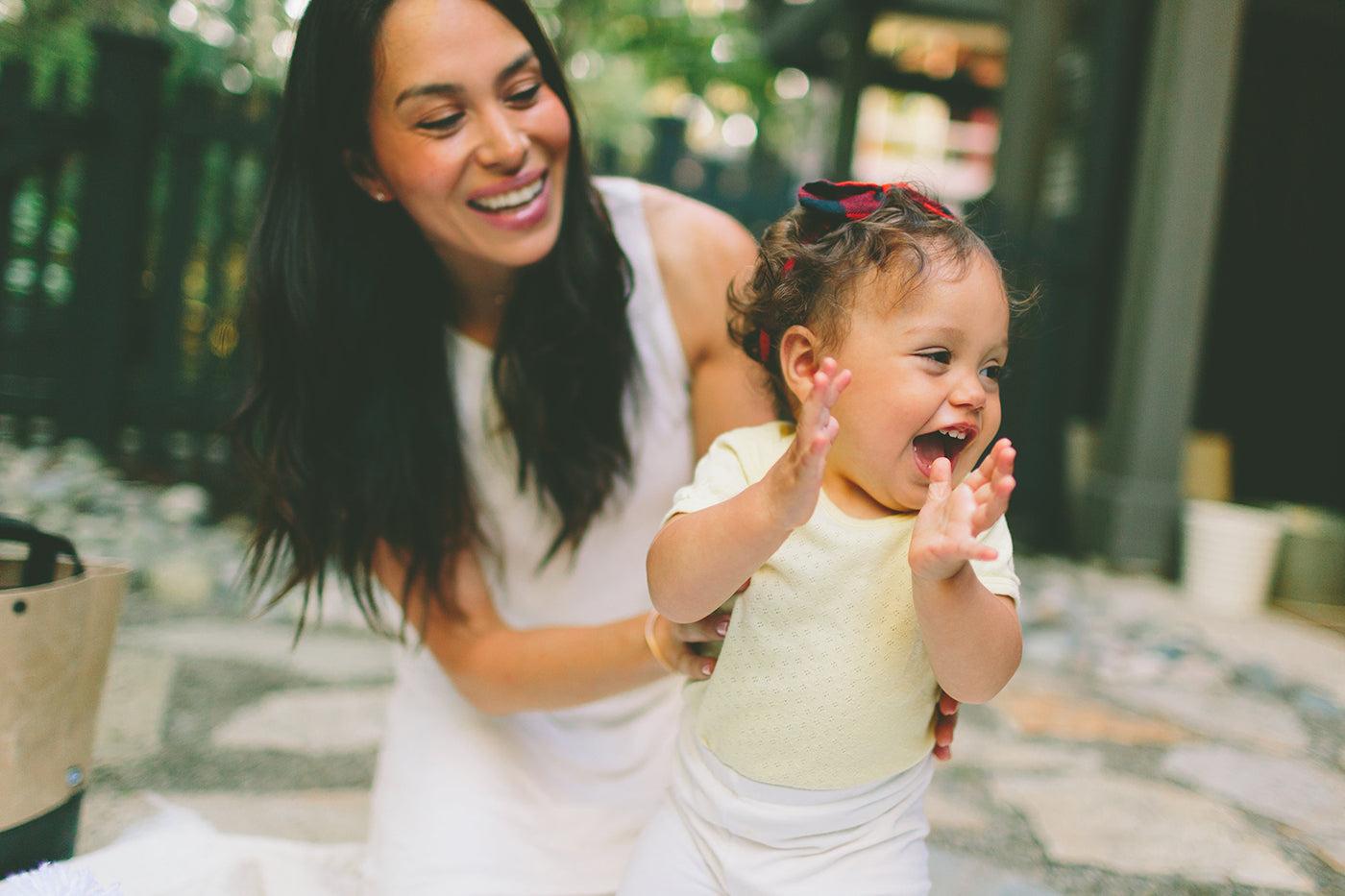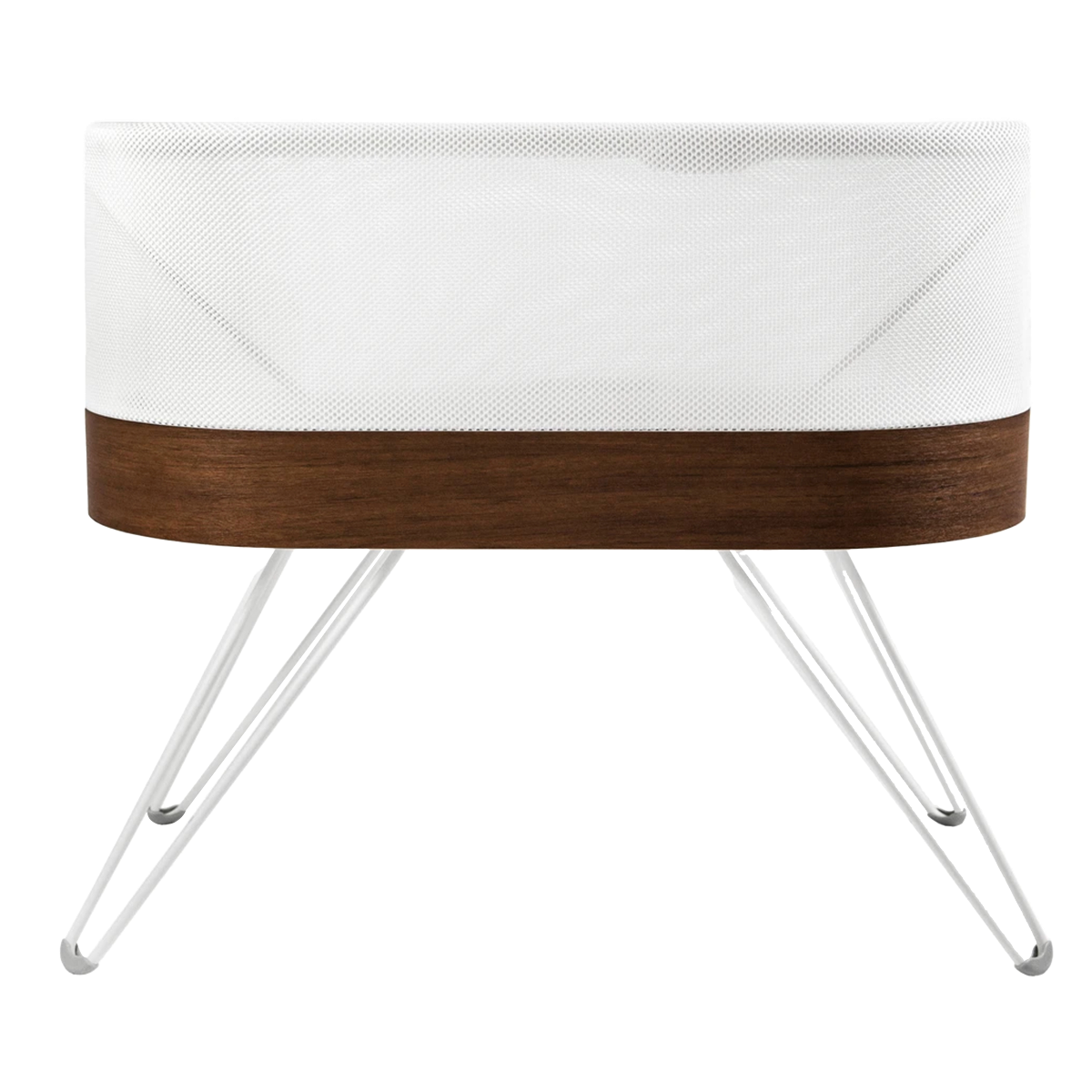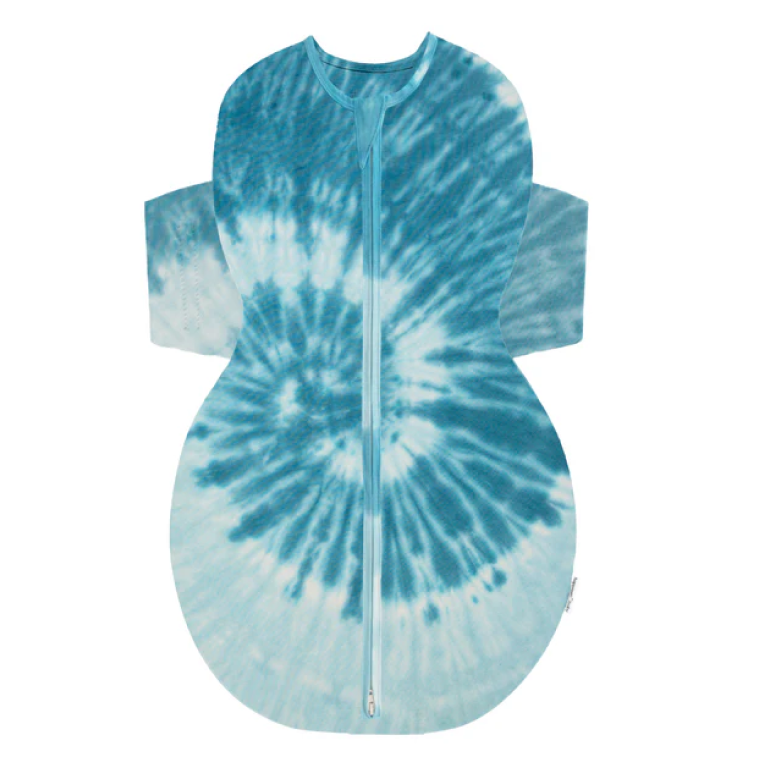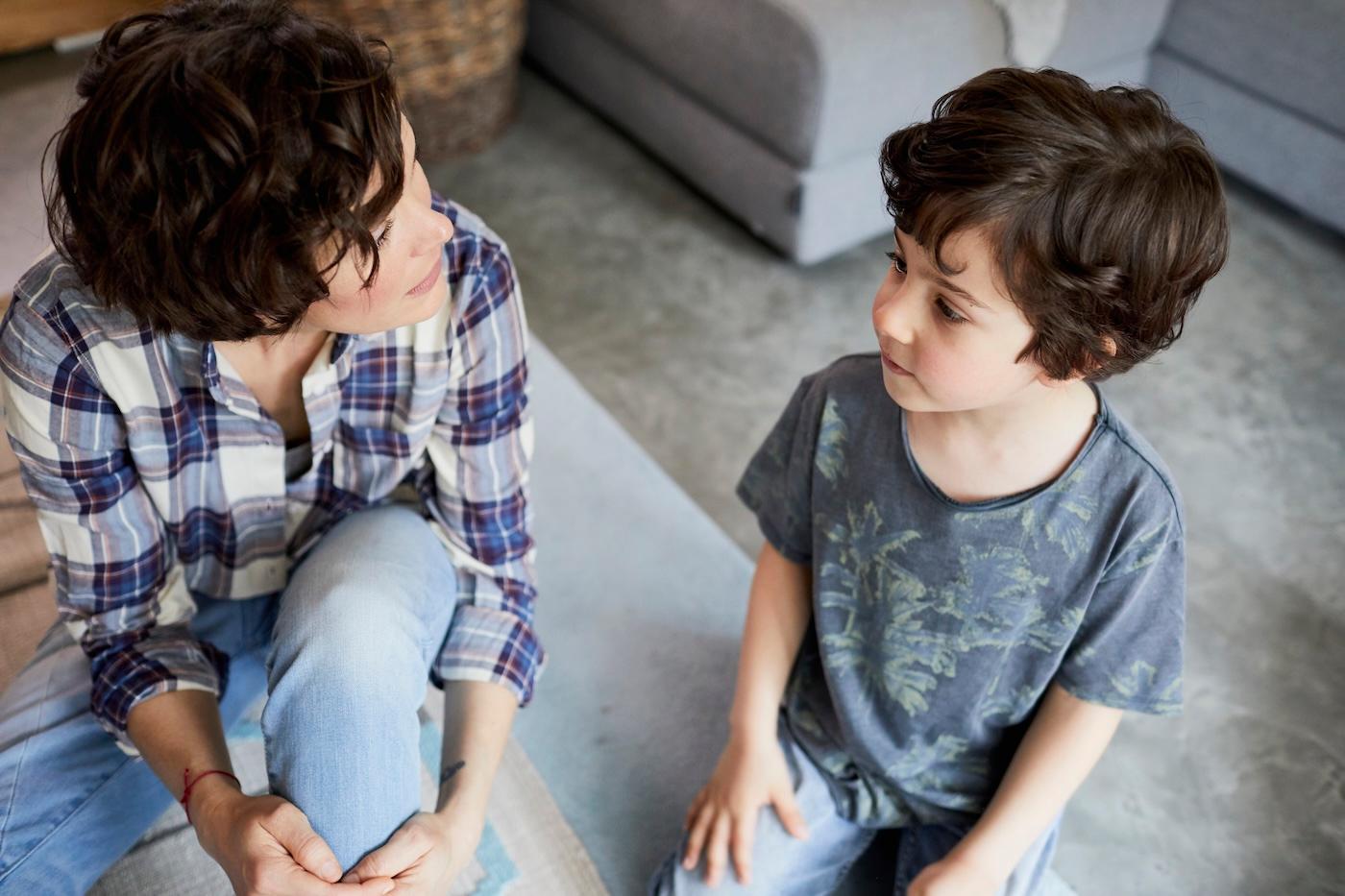TODDLER
Help Your Toddler Thrive With Special Time
Special time is a little gift of your undivided attention that keeps toddlers happy and boosts good behavior. Here’s what you need to know.

Written by
Dr. Harvey Karp

Despite the many hours of time we give our kids, they often bug us the moment we start to make dinner or answer the phone. It’s as if they’re thinking, Well, what have you done for me lately?
Toddlers don’t mean to be unfair. It’s just that they live in the “now” and quickly forget the “before.” But there’s an easy, fun way to help your child remember and appreciate your time together: special time.
Special time is a little gift of 5 to 10 minutes of your undivided attention. No texts or baby brothers allowed! Special time feeds your child’s meter with a tasty little helping of the “you-you-you” he’s so hungry for. It works best for toddlers 2 and older.
How to Make Special Time Work for Your Toddler:
Make special time a routine. Set aside one or two short periods every day to give your child a bit of fun. If you can, do it at the same time every day.
“Promote and advertise.” Kids appreciate special time even more when you stoke their anticipation and excitement. A few times a day, announce that special time is coming. “Pretty soon it’s going to be special time. What fun things should we do today?” Let your tot overhear you gossiping about special time to his toys.
Kids get to choose. Special time is fun because your child gets to choose the activity. If you need to, give prompts: “Ooh! Do you think we will paint or have a tea party this time?” You might read, draw, dance, hunt bugs, or have a “snowball” fight with crumpled pieces of paper. (If he wants TV, gently say, “You love TV, but TV isn’t special time. Let’s think of some fun things we can do together.”
Have a clear beginning and end. This nugget of fun-time works best when you keep it short (about 5 minutes . . . set a timer). Start each session with a peppy little jingle: “It’s Tony’s special time! Special, special…special time!” And wind it up with a nice little ritual that you repeat every time. (For instance, say “Bye-bye, special time. See you later!” Then give a little special-time hug.)
If your child demands more time… You could give an extra minute, or you might just say, “Aww…I’m so sorry, honey. You love your special time. It’s really fun. But you know what? You get another special time later on [or tomorrow].” Then distract him and busy yourself with something else. Think of your beginning song and ending hug as the gift wrap for this nugget of extra fun. It marks this time as a really special treat!
Tips for Special Time:
- Don’t do it right before naps or bedtime. It’s too fun and exciting.
- Don’t think of special time as a replacement for time you currently spend together. It’s a bite-size time-in that’s offered in addition to the usual attention you give.
- Don’t punish your child by taking away special time. In fact, special time can be a big help to get you and your toddler back on track if the two of you are having a rough day.
- Don’t allow interruptions. Turn off your phone if possible.
Remember, even though time is one of a parent’s most precious commodities, your undivided attention is a gift that your children will fondly remember for the rest of their lives.
Disclaimer: The information on our site is NOT medical advice for any specific person or condition. It is only meant as general information. If you have any medical questions and concerns about your child or yourself, please contact your health provider.
SHARE THIS ARTICLE
MOST LOVED
Sleepytime Sidekicks












